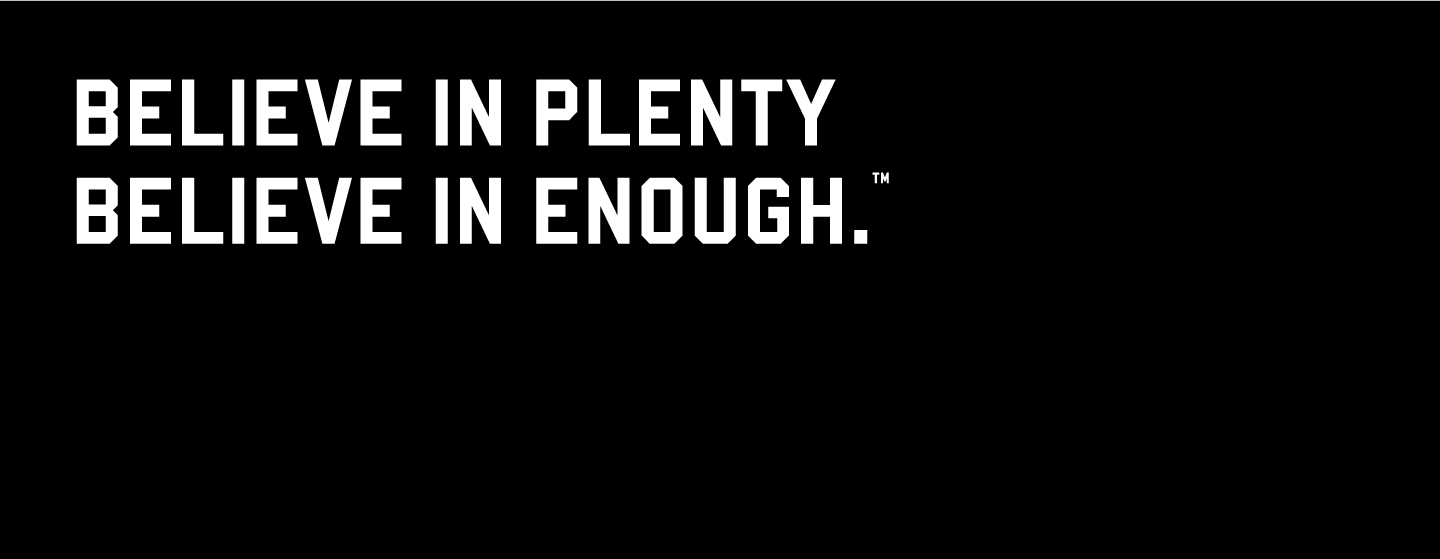

Modernist Financial, LLC

Oregon, United States
January 2017
Investment advising
Service with Minor Environmental Footprint
United States
Modernist Financial is building a world where progressive people feel permission to enjoy today while providing a stable financial base for the future. They strive to help clients use their money to build the life they want by engaging in Planning-Driven Wealth Management. They practice Financial Life Planning, which is a more robust approach to traditional financial planning, aligning their advice with client goals and values. Their onboarding process is quite extensive and can take 1-3 years to complete; it is comprised of multiple Discovery meetings as well as collaboration with trusted allies to address all aspects of your financial life. This encompasses everything from monthly cash flow management to estate planning, proactive tax planning and more. They believe in evidence-based investing, using only low-cost, tax-efficient funds, and give clients the option to build sustainability-conscious portfolios. For high growth, progressive entrepreneur clients, Modernist offers Business Financial Planning. They are a fee-only, fiduciary Registered Investment Advisor - this means they are only compensated by their clients and are legally required to put your interests first.
Overall B Impact Score
Governance 18.2
Governance evaluates a company's overall mission, engagement around its social/environmental impact, ethics, and transparency. This section also evaluates the ability of a company to protect their mission and formally consider stakeholders in decision making through their corporate structure (e.g. benefit corporation) or corporate governing documents.
What is this? A company with an Impact Business Model is intentionally designed to create a specific positive outcome for one of its stakeholders - such as workers, community, environment, or customers.
Workers 36.5
Workers evaluates a company’s contributions to its employees’ financial security, health & safety, wellness, career development, and engagement & satisfaction. In addition, this section recognizes business models designed to benefit workers, such as companies that are at least 40% owned by non-executive employees and those that have workforce development programs to support individuals with barriers to employment.
Community 31.4
Community evaluates a company’s engagement with and impact on the communities in which it operates, hires from, and sources from. Topics include diversity, equity & inclusion, economic impact, civic engagement, charitable giving, and supply chain management. In addition, this section recognizes business models that are designed to address specific community-oriented problems, such as poverty alleviation through fair trade sourcing or distribution via microenterprises, producer cooperative models, locally focused economic development, and formal charitable giving commitments.
Environment 8.8
Environment evaluates a company’s overall environmental management practices as well as its impact on the air, climate, water, land, and biodiversity. This includes the direct impact of a company’s operations and, when applicable its supply chain and distribution channels. This section also recognizes companies with environmentally innovative production processes and those that sell products or services that have a positive environmental impact. Some examples might include products and services that create renewable energy, reduce consumption or waste, conserve land or wildlife, provide less toxic alternatives to the market, or educate people about environmental problems.
Customers 34.2
Customers evaluates a company’s stewardship of its customers through the quality of its products and services, ethical marketing, data privacy and security, and feedback channels. In addition, this section recognizes products or services that are designed to address a particular social problem for or through its customers, such as health or educational products, arts & media products, serving underserved customers/clients, and services that improve the social impact of other businesses or organizations.
What is this? A company with an Impact Business Model is intentionally designed to create a specific positive outcome for one of its stakeholders - such as workers, community, environment, or customers.